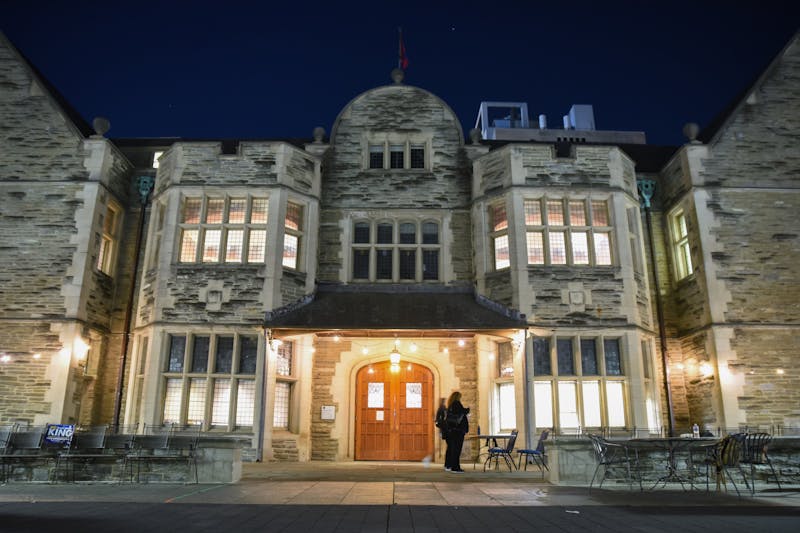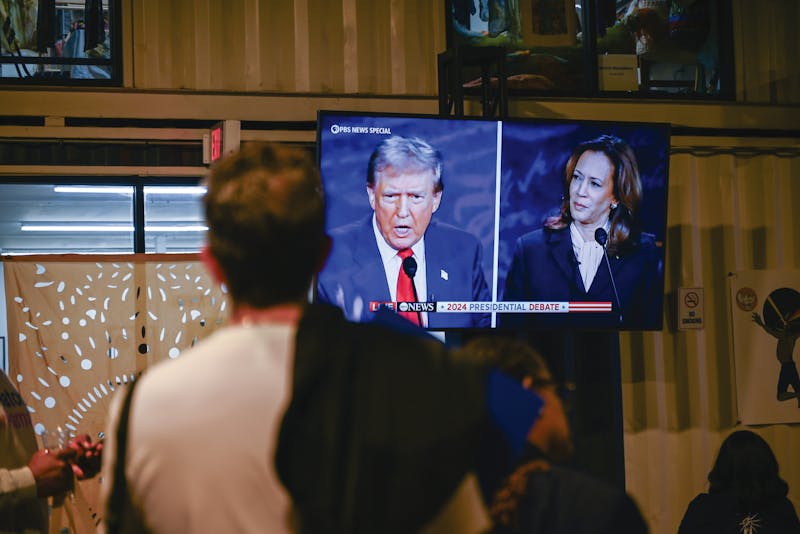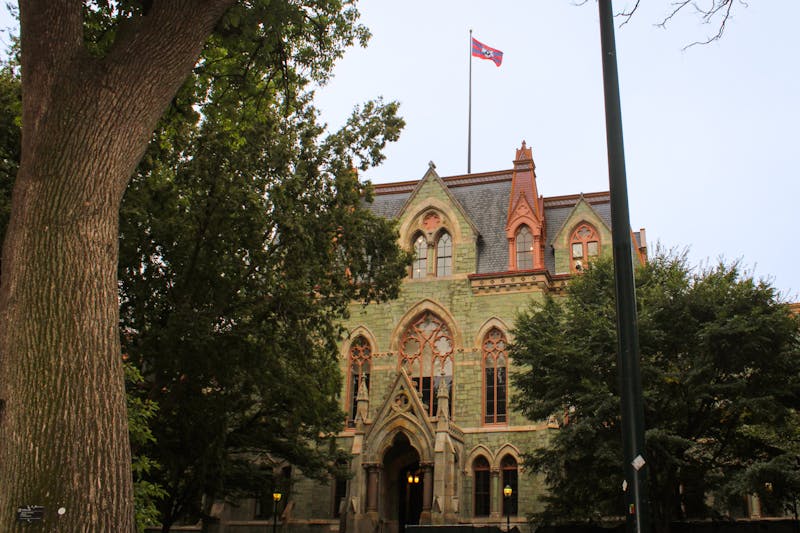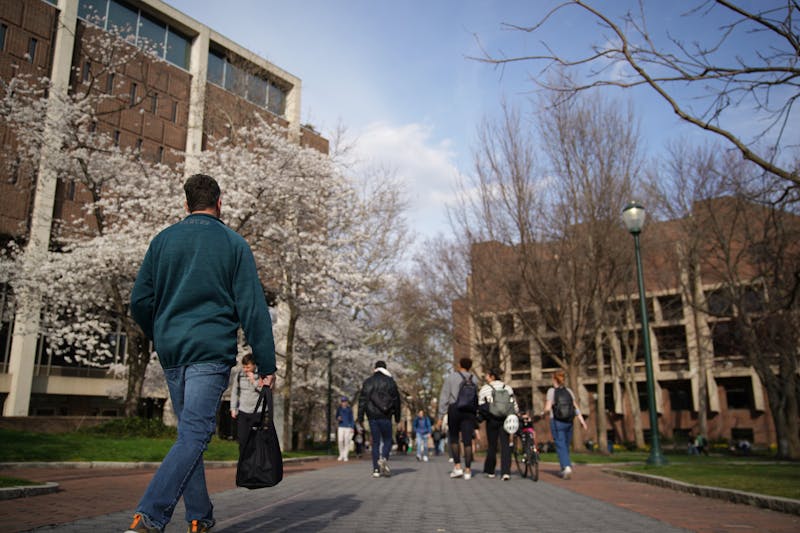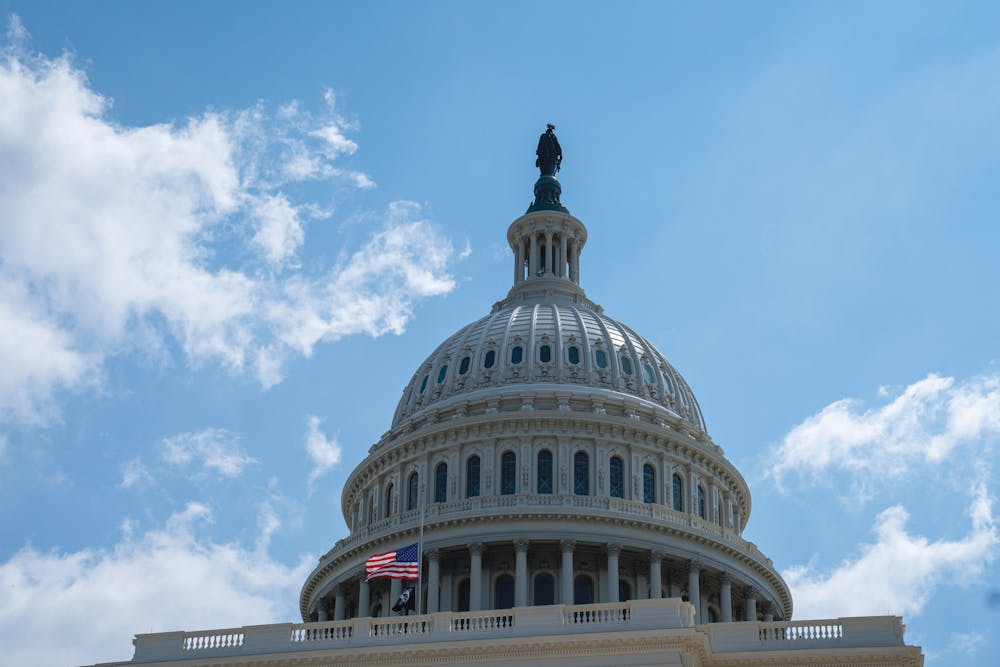
While Penn is no stranger to political scrutiny, 1968 Wharton graduate, former President, and President-elect Donald Trump’s second term — and the ascent of Penn’s adversaries to political power — may foreshadow an era of more challenges and greater pressure for the University.
Since December 2023, congressional investigations and heightened federal scrutiny have shone a spotlight on Penn. This trend of political attention seems poised to escalate in the next four years, as Trump and his allies — longstanding critics of the University — appear to have a well-defined strategy for targeting higher education institutions nationwide during the president-elect’s second term.
The Daily Pennsylvanian examined Penn’s political experience over the past year and analyzed the potential implications of a Trump presidency for the University’s future.
The Republican-led United States House Committee on Education and the Workforce’s investigation into Penn’s response to alleged instances of antisemitism concluded on Oct. 31. The probe — which began in December 2023 and expanded in June — resulted in a 325-page report detailing the University’s handling of alleged antisemitic incidents, disciplinary actions, former Penn President Liz Magill’s resignation, and pro-Palestinian campus protests.
In January, the U.S. Department of Education Office for Civil Rights launched its own investigation into Penn’s legacy admissions policies.
Project 2025 — The Heritage Foundation’s 900-page manifesto for a prospective conservative presidency — contains a robust section on higher education reform. The document includes proposals to restrict federal funding to higher education institutions, pause loan forgiveness programs, and restructure university-level pedagogy.
It remains unclear what action Trump or a Republican-controlled Congress would take to restrict federal funding from universities like Penn, or through what channels. While Trump has attempted to publicly distance himself from Project 2025, his campaign and allies have many connections to The Heritage Foundation and the initiative, with nearly half of the document’s authors and editors having served in Trump’s first administration.
Chair of the Faculty Senate and University of Pennsylvania Carey Law School professor Eric Feldman wrote to the DP that he expects “challenges to higher education that have been percolating for years” are likely to “accelerate” under a Trump presidency. He added that the Faculty Senate is planning a series of panels to discuss “challenges to and future of higher education.”
“We have, by our very presence on this campus, made clear that we place a high value on both undergraduate and graduate education,” Feldman wrote. “Unfortunately, many people in the US take a different view of higher education and see it as overpriced and increasingly ideological.”
Vice President of Government Affairs Jeffrey Cooper warned of such threats to Penn caused by 1968 Wharton graduate Donald Trump’s incoming presidency at a Nov. 14 University Board of Trustees meeting.
At the local, national, and global engagement committee meeting, Cooper said the University was facing a “very challenging and changing environment.” He cited several potential effects of Trump’s leadership, including threats to higher education, changes to tax policies, and altered immigration laws.
“The president and vice president-elect, as well as many members of Congress … have been highly skeptical and critical of higher education, both in a substantive sense, and also sometimes in a political targeting sense, but we have to deal with both of those, and that’s our challenge,” Cooper said at the meeting.
Cooper also raised concerns about the status of research funding, especially through the National Institutes of Health amid “proposals to downsize” the agency. He pointed toward the status of federal funding for gun violence research — which was authorized in 2019 — as an example of funding “that is likely to come up again in terms of constraints” on research topics.
At a December rally, Trump said he would “take away" the “tax advantages,” “endowments,” and “grants” of several higher education institutions — with an explicit mention of Penn — if the universities “attack free speech.”
In December, Penn issued a statement recommending that international students return to the United States prior to Trump’s inauguration.
“If there are changes to US re-entry policies which may possibly occur during a change in administration, we will provide updates as needed,” the statement read. “To avoid any unexpected issues, we advise returning prior to the presidential inauguration on 1/20/2025.”
The Daily Pennsylvanian is an independent, student-run newspaper. Please consider making a donation to support the coverage that shapes the University. Your generosity ensures a future of strong journalism at Penn.
Donate




